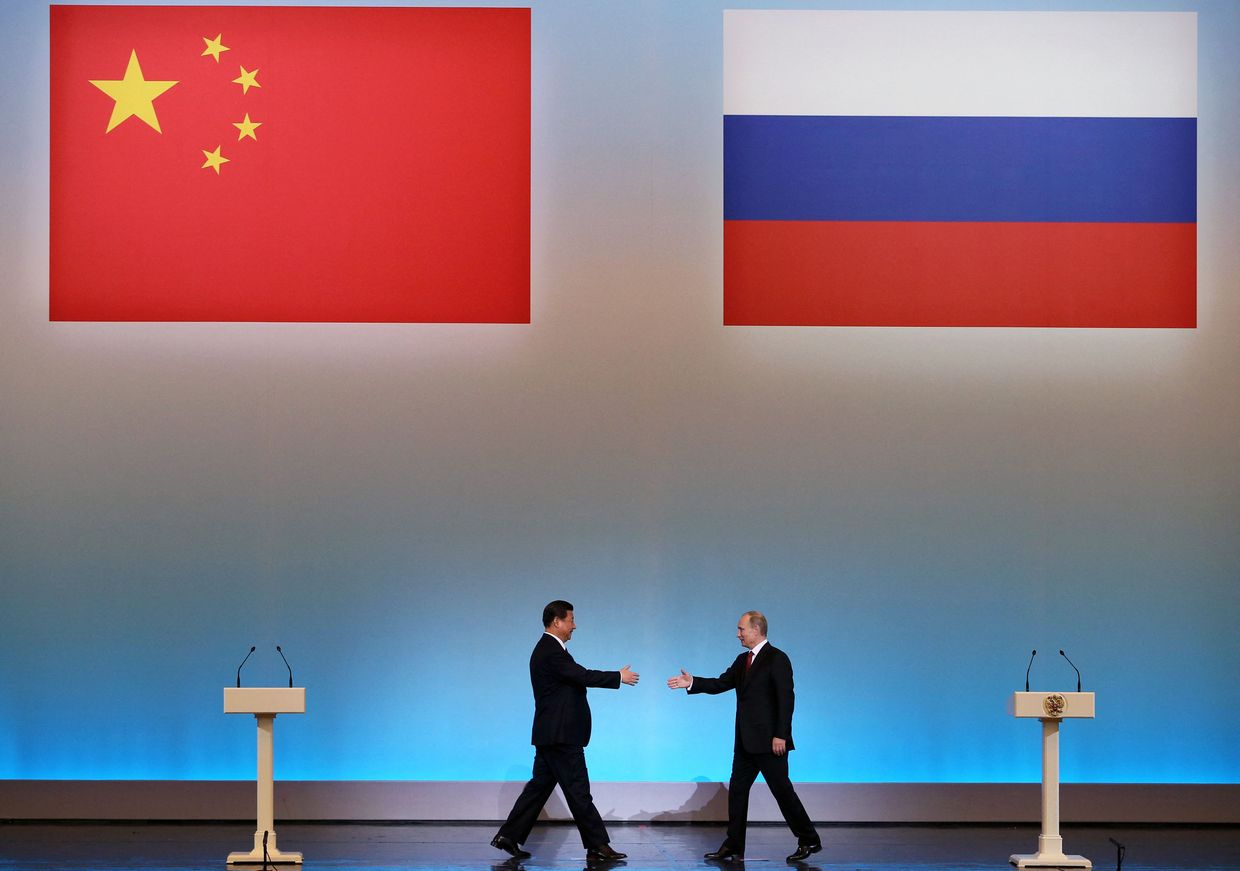G7, EU want to target banks helping Russia evade sanctions, Bloomberg reports.
Support independent journalism in Ukraine. Join us in this fight.
Become a member Support us just onceThe EU and Group of Seven (G7) nations are considering measures targeting third-party lenders helping Russia evade sanctions, Bloomberg reported on June 1, citing its undisclosed sources. In particular, the allies are considering steps against banks using SPFS, Russia's alternative to the SWIFT messaging system, to circumvent trade restrictions, the outlet said. The European Commission proposed earlier in May to include steps against banks using SPFS in the upcoming 14th sanctions package.
G7 and Brussels are now studying possible steps ahead of the summit in Italy that will take place between June 13 and 15. During the G7 conference in Italy's Apulia, the governments aim to agree on measures to strengthen the enforcement of existing sanctions against Russia. The Western countries and its partners have imposed extensive economic restrictions against Moscow over its full-scale invasion of Ukraine, seeking to curb its state revenue and prevent it from obtaining key technologies needed for the war effort.
Russia has sought to dodge these sanctions via various third-party entities in China, Central Asia, Turkey, or the United Arab Emirates. The Russian central bank's SPFS system, established in 2014, became an important tool for these transactions after Russia was disconnected from SWIFT in 2022. Kyiv's partners have recently focused their efforts on banks suspected of facilitating these transactions, which led to several lenders to tighten curbs and subsequently to a drop in Russian imports, Bloomberg's source said.
U.S.
Deputy Treasury Secretary Wally Adeyemo recently visited Kyiv to hold talks with top Ukrainian officials on forthcoming plans to strengthen sanctions against Russia.
US accuses China of 'every support' for Russia's war in Ukraine, threatens more sanctions
The U.S. has accused China of giving Russia "every support behind the scenes" towards its war in Ukraine, describing its actions as "destabilizing in the heart of Europe."
